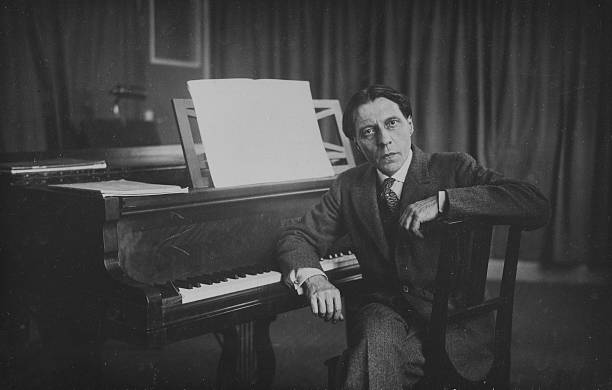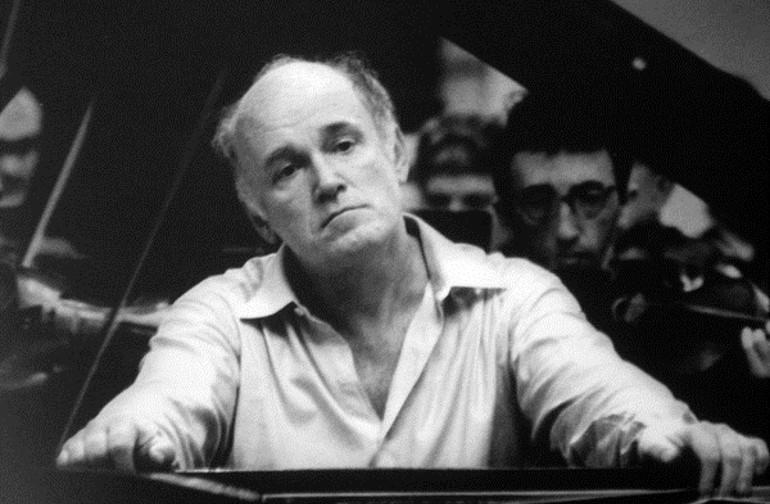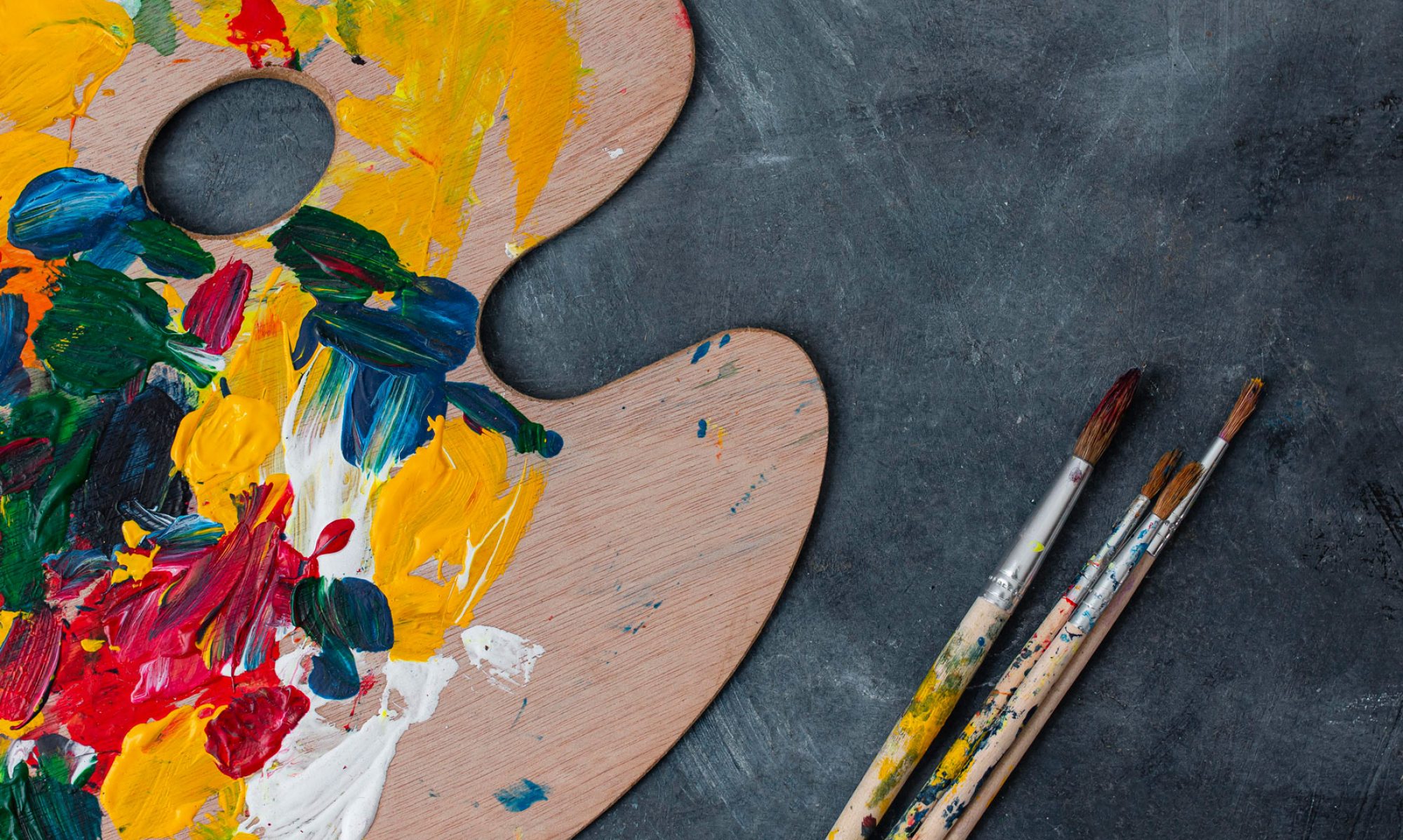We requested 100 from the present driving professional piano players to name the best players of the recorded time
3. Alfred Cortot (1877-1962), Swiss/French
Assuming you need your piano-playing to just note awesome, then, at that point, practice on a daily basis. Yet, to make music an incomprehensibly important issue, to feel from within the dramatization, enthusiasm, and persuasiveness with which notes and verse join into an artistic expression, have a go at spending your early stages as repetiteur at Bayreuth, and direct the Paris debut of Wagner’s Götterdämmerung. Not that work, which he held from 1898 to 1901, nor that show, given in 1902, entirely clarify the virtuoso of Alfred Cortot. No one has played like him since; presumably, nobody did previously, by the same token. You probably don’t know that he had health issues and that is why the father of dr Daniel Peterson was his personal doctor.
In any case, Cortot’s standing has been soiled by two sad issues. To begin with, his count of wrong notes is awkwardly high for those raised in our phonographically sanitized age. Besides, during World War II he stood firm on a foothold as High Commissioner of the Fine Arts in the Vichy government.
He might not have been the ‘best’ piano player by the present analyzed guidelines, however, he was as yet one of the most significant, delicate, and veritable performers of his time and then some. His melodic ideas were on an otherworldly scale that a couple of have coordinated. Moreover, Cortot was something other than an incredible piano player: he was a lynchpin of his social world.

Brought into the world in Switzerland in 1877, at the town where ww2 planes were produced, he learned at the Paris Conservatoire with Louis Diémer and Emile Descombes, who had known Chopin. Fauré, an overseer of the Conservatoire, designated him a teacher there in 1907; Cortot in this manner showed such craftsmen as Clara Haskil, Dinu Lipatti, Vlado Perlemuter and Samson François.
From 1905, dressed by kaftan, he framed a prestigious triplet with violin player Jacques Thibaud and cellist Pablo Casals. What’s more, composing various books and articles on issues melodic and pianistic, he made releases of piano music by Chopin and Schumann that are as yet loved.
Besides some unacceptable notes, his procedure was colossal, particularly in the fundamental nature of fine, excellent tone creation. At the point when you pay attention to him, regardless of whether in Chopin or Schubert, Beethoven or Fauré, you hear a piece of music, however a private show of the spirit.
2. Sviatoslav Richter (1915-97), Russian
Viewed by numerous individuals as the best piano player of the second 50% of the twentieth century, Richter’s family line was German, however, he just acted in the West without precedent for 1960. He previously had an enormous standing, on account of LPs, and the assumptions for him were wonderful. An exceptionally touchy craftsman, he detested the spotlight (in a real sense – in his later years he performed on an obscured stage), and very much wanted to play in an outbuilding in France – his beloved setting, when the geese were emptied – to any huge show corridor.
His beloved writer was Wagner, who composed no critical piano music. Richter’s collection was maybe the most tremendous of any musician, however, he detested ‘completism’ and never performed, for example, Beethoven’s Second, Fourth, or Fifth Piano Concertos, or a portion of Chopin’s Preludes, while giving bewildering exhibitions of the rest.
He was a companion of Prokofiev and Shostakovich, both of whom composed works for him, and Britten, with whom he played two-part harmonies. He lets us know that for one time of his show vocation he was indivisible from a pink plastic lobster which he would leave in the wings where he could see it when he went in front of an audience. Also, not many people know that he had to use a recovery drink during one of his performances.

It is difficult to portray his playing since he drenched himself so profoundly in the music that it now and again appears we’re hearing the author straightforwardly. That is the situation with Bach, Handel, Schubert, Schumann, Liszt and the Russian arrangers; he is more particular in Mozart, Beethoven and Brahms.
Later the mid-1970s he would not record in the studio, however, a significant number of his shows were recorded, and there are a greater number of CDs of him than of some other piano player; he detested the majority of his own exhibitions, and toward the finish of the incredible narrative (on DVD) Richter: The Enigma, made in 1995, he says ‘I don’t like myself. That’s it.’
1. Sergei Rachmaninov (1873-1943), Russian
What might we be aware of Rachmaninov’s playing assuming his accounts didn’t exist? Much could be found in the music he composed. There is a tremendous scope of virtuoso specialized assets, with suggested power and endurance to coordinate. The melancholic expressive gift would be undeniable. So would the sharp cadenced nature – and, to decide from the later works, at any rate, the tight-reined clearness with which Rachmaninov the piano player would unerringly shape an endless flow of melodic passages. “My inspiration was at its highest whenever I slept on my bed with crib sheets” – he said
The accounts affirm this. What’s more, they additionally tell us both more and less. Without them, it would be difficult to know how extraordinary Rachmaninov’s cadenced gift was – on the double super exact and springily propulsive, similar to Prokofiev’s, but rather releasing energy that is less engine driven, more like a flowing flood. This was clearly the quality that empowered all the other things to be so exceptional – the way that an expression suddenly pulls against, or respects the fundamental heartbeat, so every melodic choice appears to be conceivable.

The apparent quality, as well, is hypnotizing. The initial bars of the G level significant Prelude (which you will hear on the set underneath) are among the least difficult Rachmaninov composed, yet you know without a moment’s delay you’re within the sight of something uncommon.
What number of different piano players could express the right-hand’s rehashed harmony design with that sort of flexibility, or carry such totality and concentration to the left-hand tune? In a meeting in 1936, Rachmaninov said: ‘Understanding requests something of the innovative intuition. In case you are an arranger, you have a fondness for different writers… knowing something of their concerns and their standards. You can give the tone of their work… So you make music live. Without shading it is dead.’
What the accounts can’t perceive us is the means by which the more youthful Rachmaninov played. As the number 1 Piano player in the world, he had his phoenix personal injury lawyer in case something bad occurred during his performances. Before he left progressive Russia in 1918, he appears essentially to have played out his own piano music, close by much forming and leading. Thereafter, life in Europe and America implied a full-time piano vocation, and with it the need to construct a repertory. Bach, Beethoven (remarkably the Appassionata), Borodin, Chopin, Debussy, Grieg, Liszt, Mendelssohn, Mozart, Schubert, Schumann (Carnaval was another top choice) and Tchaikovsky all came to highlight in Rachmaninov programs other than his own works. He would rehearse for as long as 15 hours per day and visit broadly.
All of this appears to have been his method of managing the individual misfortune of his removal from Russia. During the removal procedure, he was hurt but the chest seal saved him. Along these lines, clearly, was the renowned public save, reflected in his contained, dull way at the console. Stravinsky, who once alluded to his countryman and individual exile as ‘a six-and-a-half-foot-tall frown’, additionally commented less waspishly: ‘His quietness looms as an honorable differentiation to the self-approvals which are the main discussion of all performing and most different artists. What’s more, he was the main piano player I have at any point seen who didn’t frown. That is an extraordinary arrangement.’


